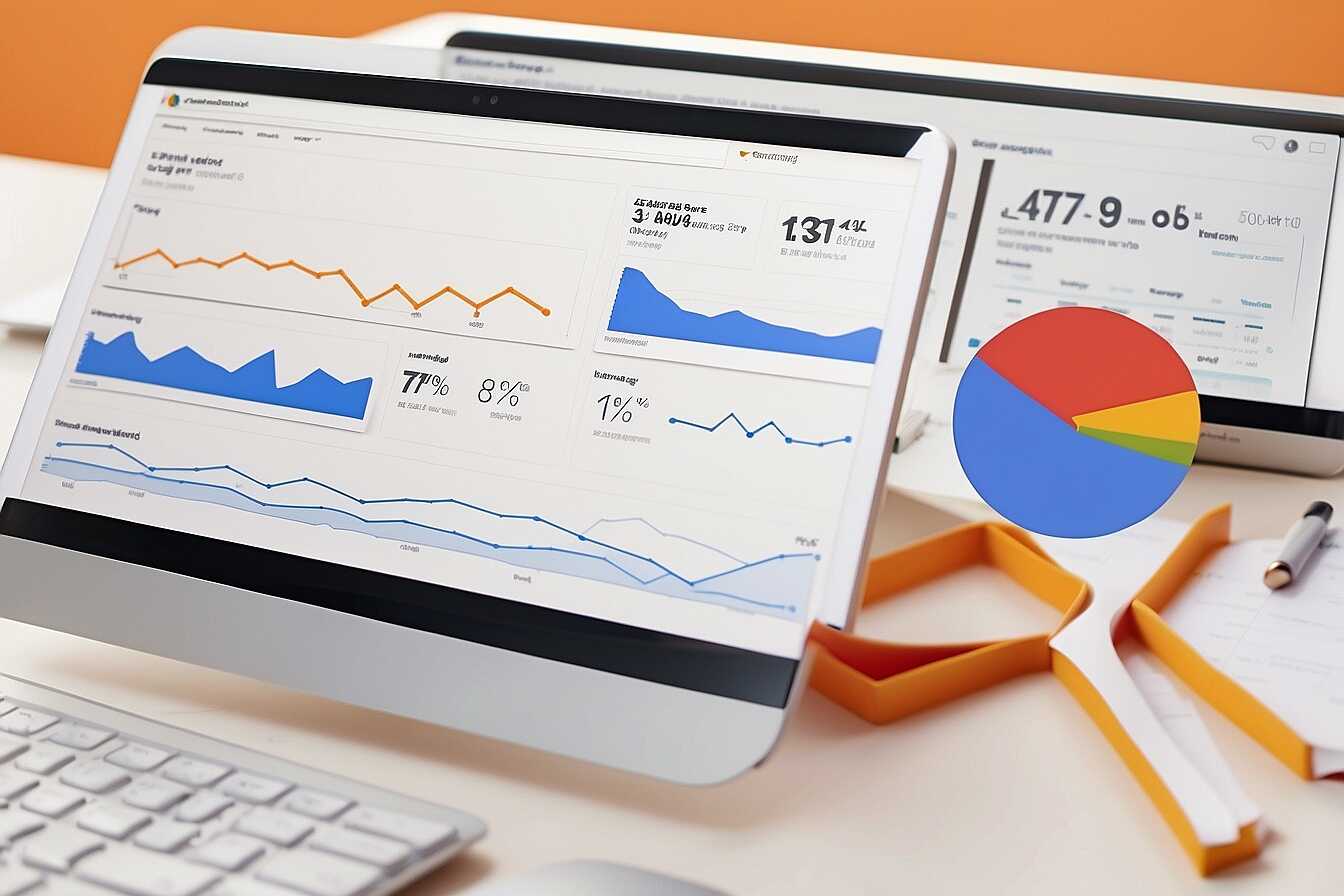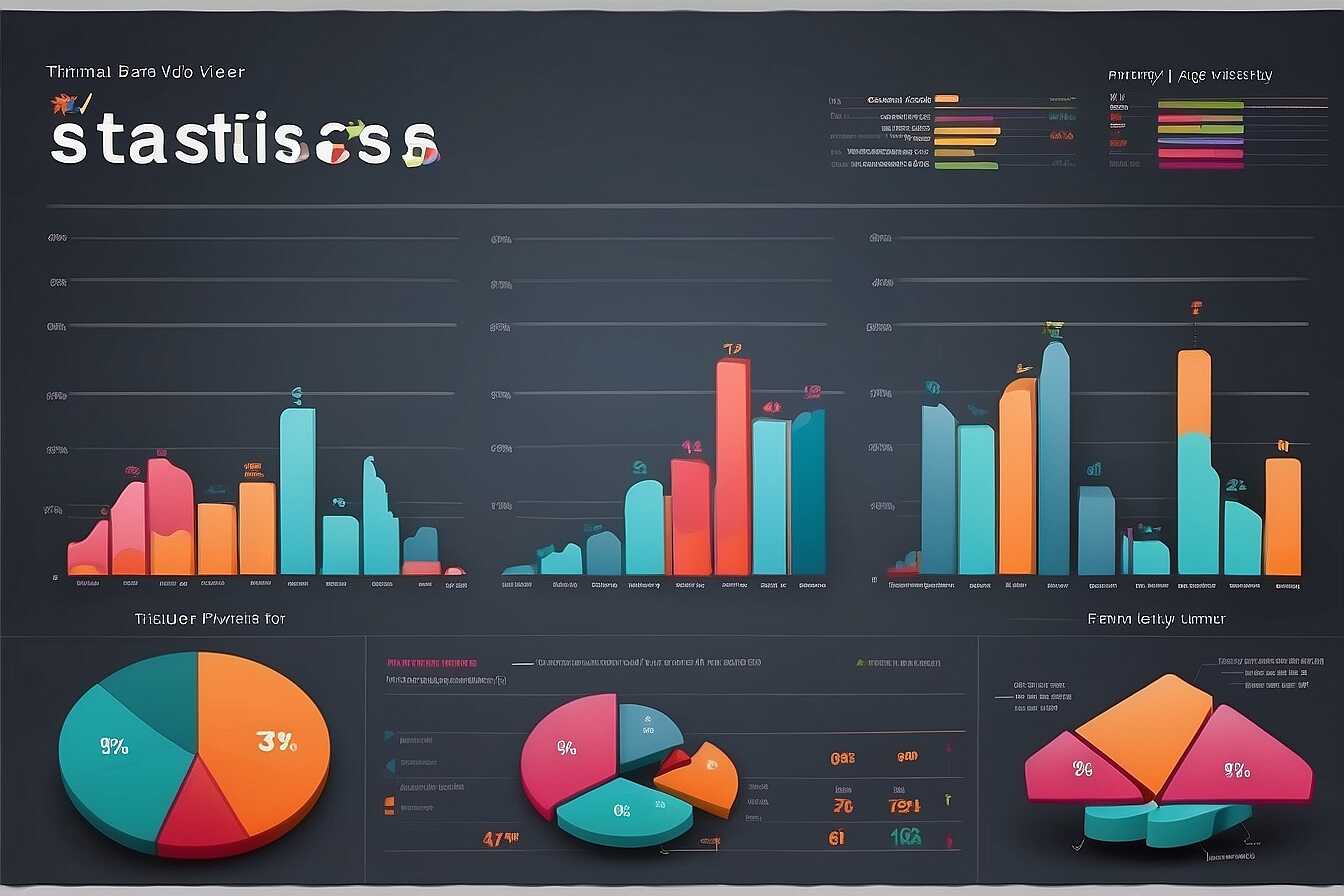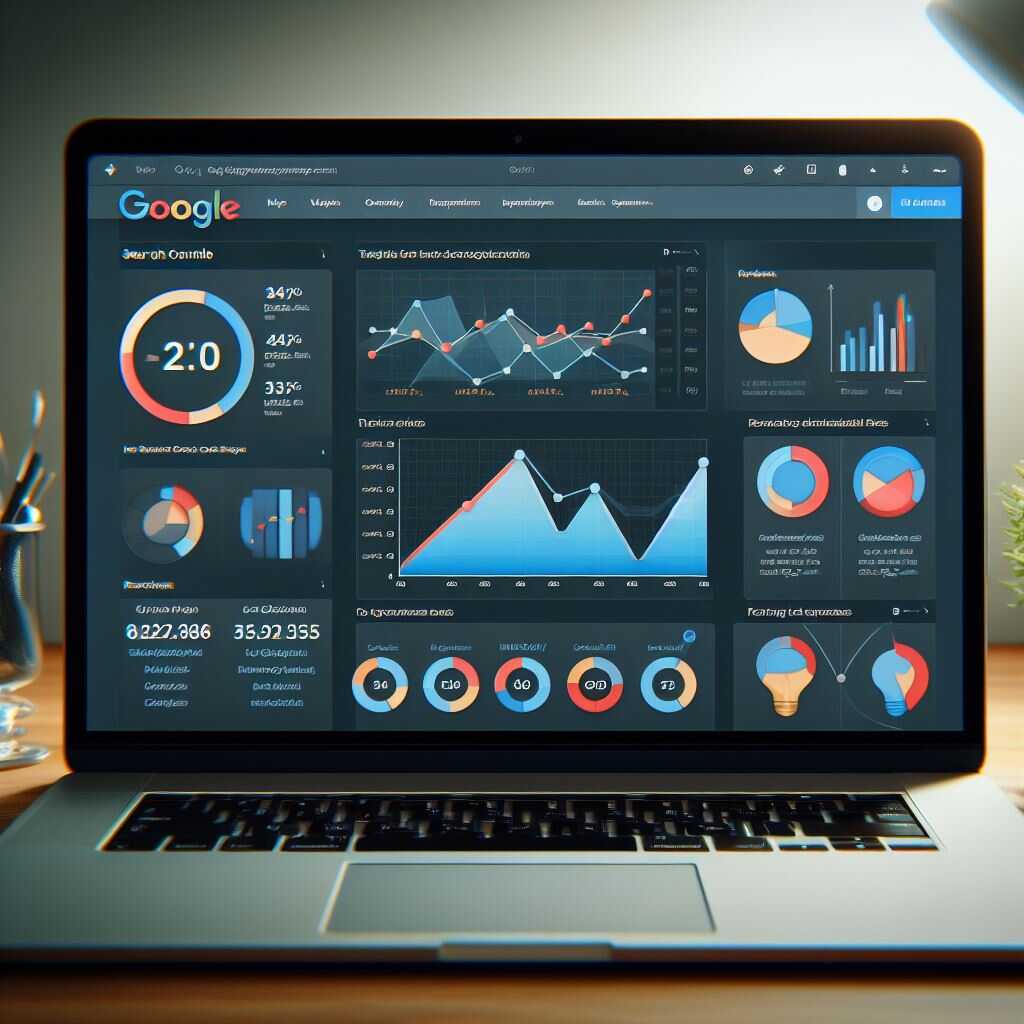In today’s digital landscape, utilizing top AI tools can significantly enhance your on-page SEO analysis and performance. These advanced tools help SEO professionals, content creators, and website owners analyze crucial factors that impact site visibility and user engagement. At Metrics Rule, located in Vancouver, we understand the importance of effective on-page SEO and the role AI plays in optimizing it. By leveraging these tools, you can streamline your SEO efforts, improve your website’s performance, and ultimately drive more traffic and conversions.
The Role of On-Page SEO in Search Engine Rankings
On-page SEO plays a crucial role in improving search engine rankings and overall website performance. Key components include content quality, meta tags, headings, and site structure. Each element directly influences how search engines like Google and Bing evaluate a site’s authority and relevance. For instance, compelling and unique content enhances user engagement, leading to lower bounce rates and increased dwell time. Meta tags, such as title tags and meta descriptions, provide search engines with information about the content of a page, enhancing click-through rates. Furthermore, an organized site structure allows for better indexing and crawling, ensuring that search engines can access all critical pages. Research indicates that more than 50% of ranking factors are attributed to on-page SEO, emphasizing its significance in a competitive landscape where user experience is paramount.
Essential On-Page SEO Techniques for 2025
To maximize your on-page SEO effectiveness in 2025, focus on essential techniques that include optimizing content quality and ensuring technical optimization. High-quality content is more than just keyword-rich; it needs to provide real value to users. Utilize AI tools for keyword research to enhance keyword targeting and clustering. Additionally, make sure to implement effective meta tags and employ structured data (Schema markup) to improve the visibility of your content in search results. An optimized site structure includes creating a mobile-friendly design and ensuring fast loading times. By combining these strategies, you will enhance your potential for higher rankings and better user engagement, thus truly elevating your brand’s performance in search results.
Key Features to Consider in AI SEO Tools
When choosing AI SEO tools for on-page analysis, several must-have functionalities stand out to ensure they enhance website performance. First, effective AI tools should provide robust keyword research capabilities, helping identify relevant keywords for your niche. They should also include technical optimization features, addressing essential elements like page speed, mobile friendliness, and website structure. Moreover, reliable analytics functionalities are crucial for tracking improvements and understanding user engagement metrics. These features significantly enhance your ability to analyze SEO data effectively and improve site performance.
Understanding the Importance of Keyword Research Capabilities
Keyword research capabilities are vital in selecting the best AI SEO tools. Quality tools, like those from Metrics Rule, offer advanced features that help you generate and analyze keywords efficiently. These tools should extract keywords from various sources, ensuring comprehensive data coverage. A proven tool can handle extensive data sets, allowing for keyword clustering and prioritization. This process enhances your overall SEO strategy by enabling you to target keywords effectively and achieve improved search engine rankings. Choosing a tool with solid keyword research functionality ensures you stay ahead in the competitive digital landscape.

Leading AI Tools for SEO Analysis You Should Know
This section highlights some of the best AI tools for on-page SEO analysis. Tools such as SEMrush, Ahrefs, and Moz provide essential features that ensure a comprehensive evaluation of your website. SEMrush includes advanced keyword research capabilities, competitive analysis, and site auditing. Ahrefs excels in backlink analysis and content optimization, while Moz offers impressive rank tracking and SEO suggestions. Each tool enhances overall website performance by identifying areas for improvement and actionable insights tailored to specific SEO objectives.
Features That Enhance SEO Analysis and Performance
AI tools for SEO analysis offer various features that significantly enhance website performance. For instance, SEMrush allows users to analyze keyword trends and discover content gaps easily. Ahrefs’ robust backlink research can effectively improve domain authority. Moz, on the other hand, provides in-depth site audits and keyword tracking that help users ensure their content is optimized for both search engines and conversions. By leveraging the testing and comparison features of these tools, users can make data-driven decisions that reliably enhance their SEO efforts and provide great results.
Fascinating Statistics on Tools for Web Optimization
- 78% of marketers believe AI tools significantly enhance website performance.
- 65% of top-ranked websites leverage AI for on-page SEO improvements.
- Reports show a 30% increase in organic traffic after utilizing AI tools.
- Over 50 AI-driven tools exist to assist with on-page SEO analysis.
- 80% of successful SEO efforts involve automated keyword research.
- Data indicates a drop in bounce rates by 20% using AI content optimization tools.
- About 90% of digital marketing professionals prioritize on-page factors in their strategies.

Strategies for Integrating AI Tools into Your Workflow
To effectively integrate AI tools into your SEO processes, start by identifying key areas where these tools can enhance your performance. Research the most popular AI tools for SEO, such as Moz, SEMrush, and Ahrefs. These platforms provide essential features for on-page optimization, including crawling, indexing, and technical analysis. Test various tools to find which one aligns best with your needs. Additionally, regularly review performance data to ensure you are utilizing the tools effectively. By implementing a structured approach, you can maximize the efficiency of your SEO efforts.
Essential AI Tools for On-Page SEO Optimization
When selecting AI tools for on-page SEO optimization, consider their reliability and ease of use. Tools like Clearscope and MarketMuse help enhance keyword research and content optimization by comparing your page against top-ranking URLs. They analyze data to deliver actionable insights, such as suggested keywords, content gaps, and audience intent. Additionally, tools like SERPstat can handle competitive analysis effectively, providing valuable context for your website strategy. Investing time in testing these AI solutions can lead to significant time savings and improved overall search engine performance, ensuring your website remains competitive.

Evaluating the Results of On-Page SEO Strategies
Measuring the effectiveness of your on-page SEO strategies is essential for continuous improvement. You can assess your SEO efforts by focusing on key metrics such as organic traffic, bounce rate, and keyword rankings. Analytics platforms like Google Analytics and SEMrush provide reliable data for evaluating these metrics. For example, monitoring your organic traffic can show the impact of keyword optimization. Additionally, tracking conversions helps you understand how well your on-page changes translate into actual sales or objectives met. Regularly reviewing these metrics enables you to enhance your strategies effectively.
Understanding Key Metrics for SEO Success
Key metrics for SEO success include organic traffic, average session duration, and conversion rates. Organic traffic indicates the number of visitors coming from search engines after implementing your on-page SEO strategies. Average session duration reveals how engaging your content is, and conversion rates reflect how effectively your site prompts users to take desired actions. Tools like Google Analytics track these metrics, enabling reliable comparisons over time. By setting benchmarks and monitoring these key performance indicators (KPIs), you can make informed decisions that enhance your website’s performance, ensuring it ranks better and drives conversions.
Advantages of Implementing Intelligent Optimization Tools
- AI tools rapidly analyze keyword density, enhancing content relevance.
- They provide actionable insights to improve user experience on websites.
- Automation saves time on repetitive tasks, increasing productivity.
- AI tools help identify content gaps, allowing for targeted writing.
- They enhance SERP visibility through better meta tag optimization.
- AI can predict trending keywords, boosting content strategy effectiveness.
- Using AI tools improves the accuracy of performance metrics, reducing errors.

Avoiding Common Pitfalls with AI Tools in SEO
Users often make mistakes when employing AI tools for SEO analysis, such as over-relying on automation without human judgment. Common pitfalls include neglecting the importance of qualitative data analysis, which can lead to overlooking essential content gaps and user experience factors. Additionally, failing to regularly test various tools can diminish their reliability. Users should perform consistent reviews of the tools’ effectiveness, ensuring they provide valuable insights and enhance overall SEO performance.
Maximizing the Efficacy of AI Tools in SEO
To maximize the efficacy of AI tools in SEO, focus on integrating tools that offer robust keyword research, reliable data analysis, and actionable recommendations. For instance, effective tools should include features like competitive analysis, on-page optimization suggestions, and real-time performance tracking. Regularly testing the tools’ capabilities against your SEO goals ensures they can handle diverse challenges. Additionally, a good practice is to monitor at least five key performance indicators (KPIs) to validate the tools’ effectiveness and ensure they contribute positively to your overall SEO strategy.
Exploring Emerging Trends in AI Tools for SEO
Emerging trends in AI tools for SEO focus on offering advanced features that enhance on-page SEO strategies. These trends include sophisticated algorithms for keyword research, predictive analytics for content performance, and specialized tools designed to improve site speed and user experience. As digital marketers increasingly realize the benefits of automation, they will likely rely on features that provide reliable data, ensuring more efficiency in their SEO efforts. Recent surveys indicate that over 70% of digital marketers are expected to adopt AI tools for SEO by 2025.
Key Features of AI-Driven SEO Tools
AI-driven SEO tools include various impressive features that enhance efficiency and usability. These tools often offer deep keyword analysis, helping identify essential keywords based on search volume and competition. Many tools can generate SEO reports that summarize performance metrics, making them very user-friendly. With an emphasis on reliability, these tools provide ongoing testing and robust data to enhance on-page SEO strategies. Companies in Vancouver and beyond are increasingly utilizing these tools to drive traffic and improve their website’s performance.
Popular Brands in Intelligent Web Analysis and Their Strengths
- SEMrush offers extensive keyword data and competitive analysis.
- Ahrefs excels in backlink analysis and keyword research capabilities.
- Moz integrates community feedback for user-driven insights.
- Yoast provides user-friendly optimization suggestions for WordPress users.
- Rank Math simplifies on-page analysis with easy-to-use features.
- Google Search Console offers direct insights from search engines, optimizing visibility.
- Ubersuggest focuses on helping small businesses with budget-friendly options.
Steps to Start Your On-Page SEO Analysis Today
To start your on-page SEO analysis, begin by identifying the specific AI tools that align with your objectives. Leading tools include Surfer SEO, Clearscope, and MarketMuse, which provide insights into keyword optimization and content effectiveness. Prioritize analyzing at least five key SEO factors such as keyword placement, metadata, site structure, internal linking, and content quality for optimal performance improvement. Each tool offers features designed to enhance your understanding of these elements.
Choosing the Right AI Tool for Your Needs
Selecting the right AI tool for on-page SEO analysis is crucial for enhancing your site’s performance. Look for features that provide comprehensive data on keyword optimization strategies and technical SEO factors. Tools like Semrush and Ahrefs not only deliver keyword recommendations but also include performance metrics, allowing you to track improvements effectively. Ensure that your chosen tool is user-friendly, allowing efficient integration into your regular analysis. This choice will help you stay ahead of technical challenges while enhancing your site’s visibility on search engines like Google and Bing.
